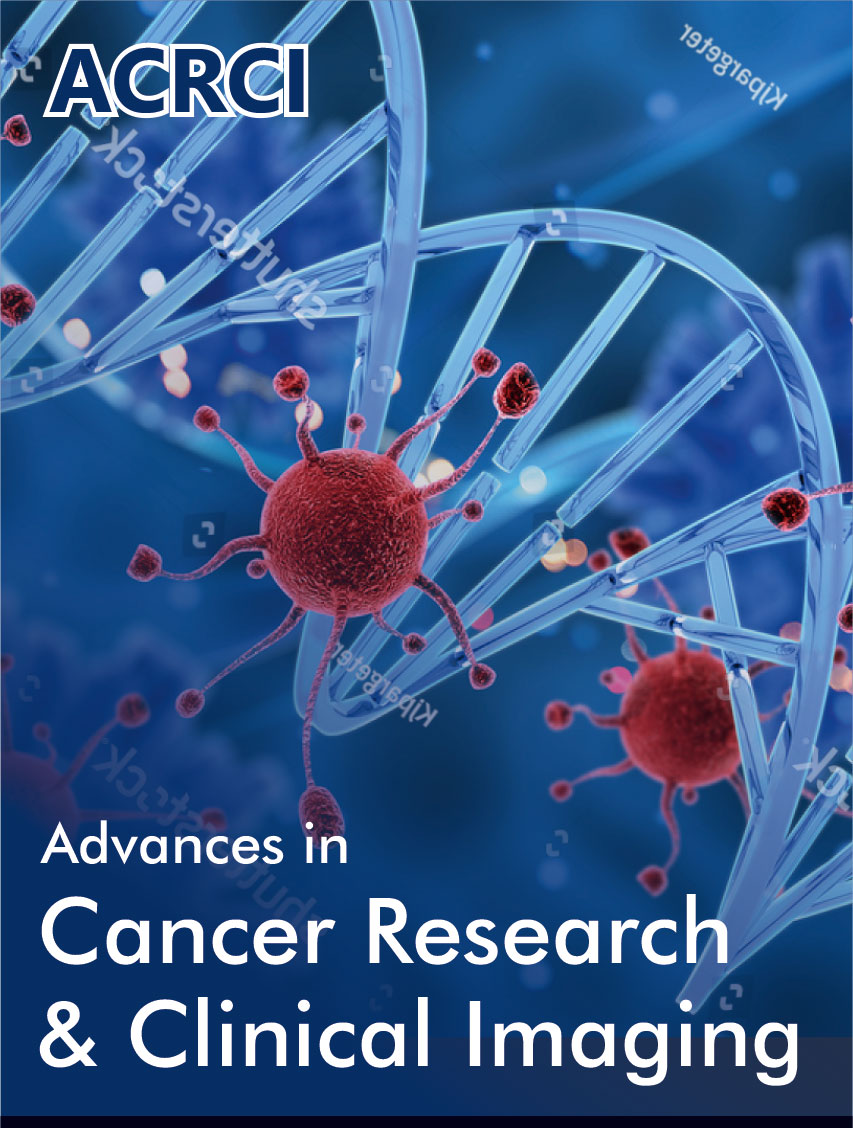 Opinion Article
Opinion Article
Advances in Genomic Medicine
Mirta D Ambra*
University Buenos Aires and Member World Virology Society, Argentina
Mirta D Ambra, University Buenos Aires and Member World Virology Society, Argentina.
Received Date: September 30, 2018; Published Date: October 31, 2018
Introduction
Genomics does not yet have standards for converting raw data sequence into processed data, even though some medical data are very poorly structured and in some cases are inaccurate due to human error when the data was entered or by the way it is measured and recorded. To handle this volume of personal data, researchers are progressively adopting a cooperative approach to developing the software tools that give meaning to all this and thus have the supercomputing capacity needed to process everything. Public-private projects, such as the Initiative on Innovative Medicines in Europe, are helping to accelerate the development process and bring with them different expertise. The Data Sphere Project initiative is a platform to share, integrate and analyze cancer background research data in one place. While the DREAM challenges (DREAM Challenges) are an open scientific effort that calls for open participatory collaboration and transparent data exchange to analyze existing analytical tools, suggest improvements and develop new solutions. Of course, the legal requirements for data privacy add to the complexity.
The Power of Collective Wisdom
The mountains of information available today for oncologists have the potential to help choose personalized treatments for patients who can fight the tumor better and reduce possible side effects.
Genomics does not yet have standards for converting raw data sequence into processed data, even though some medical data are very poorly structured and in some cases are inaccurate due to human error when the data was entered or by the way it is measured and recorded. But it is an incredibly difficult task and to grasp well the capacity of this new weapon in the battle against cancer requires an effective administration and analysis of all this data. The solution lies in greater collaboration, a joint effort to use the different tools that are oriented to specific functions. If twentieth century medicine was concerned with the search for data, the 21st century deals with how to work together to make better use of that data.
-
Mirta D Ambra. Advances in Genomic Medicine. Adv Can Res & Clinical Imag. 1(1): 2018. ACRCI.MS.ID.000504.
-
Genomics, Medicines, Cancer, Power of Collective Wisdom, Treatments, Tumor, Capacity, Weapon
-

This work is licensed under a Creative Commons Attribution-NonCommercial 4.0 International License.






